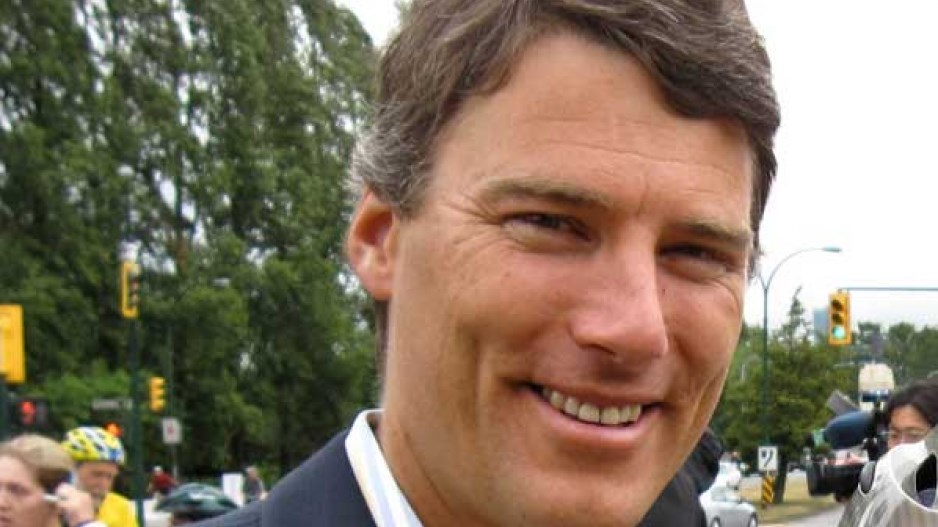Vancouver Mayor Gregor Robertson is launching a campaign within his own party, Vision Vancouver, to pressure the British Columbia government to impose a punitive tax on people who flip property in Vancouver and the rest of the province.
In an email May 25 to subscribers of the party’s bulletins, Robertson urged followers to sign a petition to support his efforts to have the government create a “speculation tax.” The mayor said he wants to discourage short-term sales of properties, with the aim of driving down prices.
“The goal is to discourage investors who buy a home just to make a quick buck — who buy it and then, six months later, turn around and sell it again,” he wrote. “That’s not fair to people, especially first-time buyers, who are trying to get into the housing market. It’s especially unfair to young people who are struggling in a surging real estate market.”
The mayor’s email came after he issued a surprise statement May 22 in which he announced he supported a speculation tax. The statement noted the mayor indicated to Premier Christy Clark last week the need for such a tax.
The government hasn’t said whether it would enforce a new tax, saying in an email statement from the Ministry of Finance that while the province recognizes home ownership in B.C. “can be challenging for some people, governments need to be careful that any tax would have the desired effect, without undermining the equity that people may have built up in their homes.”
Robertson announced his desire for a speculation tax the same day that condo marketer Bob Rennie floated the idea in a speech to the Urban Development Institute. In an interview Monday, Rennie said he wanted to be clear that such a tax should not be perceived as a tax on foreign investment.
Instead, he said, the tax would apply to someone, for example, who put a down payment on a condo that hadn’t been built but was worth $700,000 in the pre-sales phase. Once the condo got built three years later, and the owner found a buyer for $850,000, Rennie suggested a percentage of the gain would be taxable — on top of existing capital gains.
For more stories from the Vancouver Courier, visit www.vancourier.com




